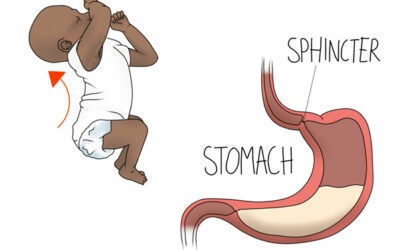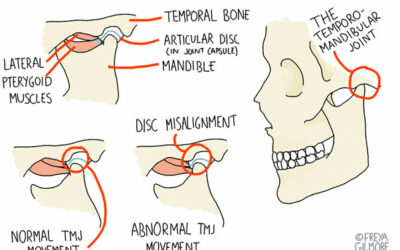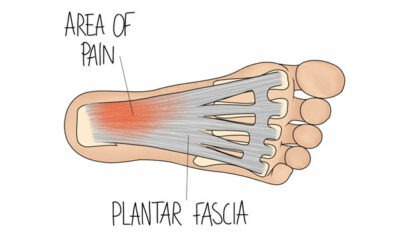 It’s January, there’s not a lot of sunshine about and the cold and wet weather is driving us to spend more time indoors. This lack of exposure to sunlight can lead to unhealthy vitamin D deficiencies in people of all ages.
It’s January, there’s not a lot of sunshine about and the cold and wet weather is driving us to spend more time indoors. This lack of exposure to sunlight can lead to unhealthy vitamin D deficiencies in people of all ages.
Our bodies need sunlight to help them produce vitamin D. This exposure to sunlight is the main way we get vitamin D, with food a secondary source.
The National Institute for Health & Care Excellence (NICE) estimates that around 1 in 5 adults in the UK and around 1 in 6 children may have low vitamin D levels. A deficiency in vitamin D affects how our bodies absorb calcium, which is essential for strong, healthy bones at every age. In older adults getting enough vitamin D can help to prevent fractures and brittle bones. A lack of vitamin D in children can cause weaker bones and in some cases rickets, a disease in which the bone tissue doesn’t mineralize properly, leading to soft bones and skeletal deformities. Our osteopaths have certainly noticed an increase in the number of children they see with rickets.
So this month in the practice we’re promoting Viridian’s Vitamin D and D3 capsules. As well as contributing to bone health, this supplement can help to improve muscle function and boost the immune system too, helping to fight infections including colds and flu. Vitamin D also has an effect on serotonin, the ‘happy hormone’, which rises with our exposure to sunlight – anyone who suffers from Seasonal Affective Disorder or SAD can benefit from taking the supplement.
Vitamin D supplements are particularly important for menopausal women and anyone over the age of 65. It’s also recommended that people with darker skin take a Vitamin D supplement during winter as well as people with low exposure to sunlight. Vitamin D3 is easier to absorb than vitamin D, particularly as we age so is a better choice for older people.
The recommended maintenance dose of Vitamin D is 2,000iu for adults and 500iu for children. Anyone who has been found to have very low levels may need a higher dose.
Ask your Good Health Centre practitioner or a member of our reception team for more information about Viridian’s vitamin D and D3 capsules, on sale in the practice.
Also on the blog: more tips for taking care of your bones.



0 Comments